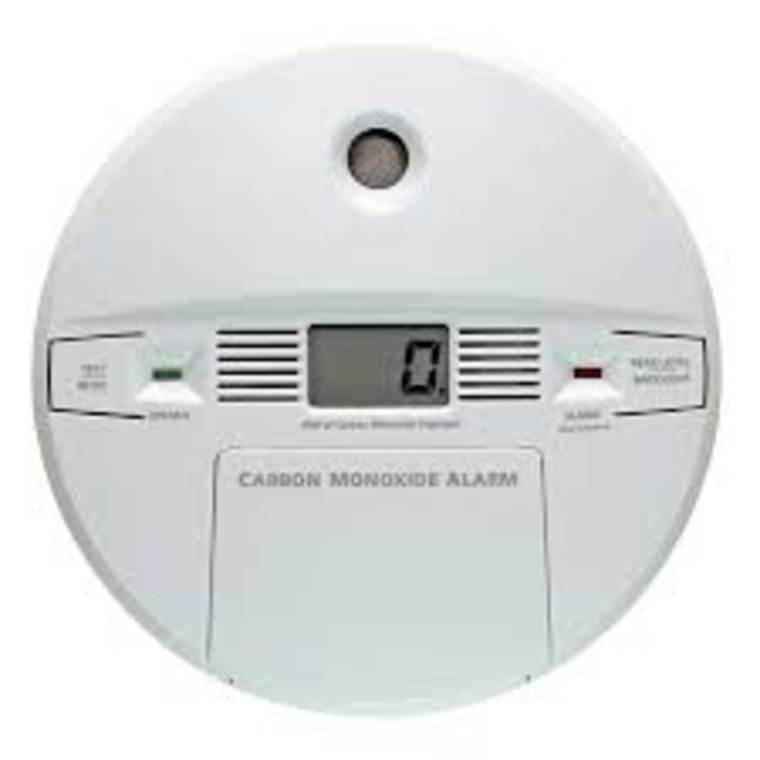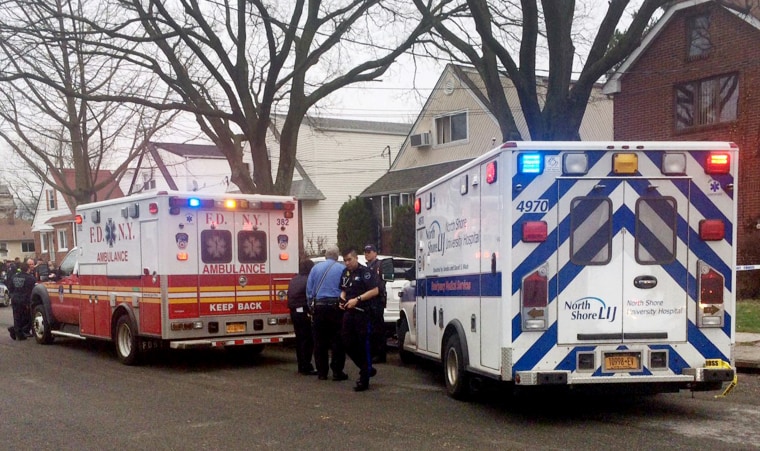Hurricane Matthew is keeping everyone guessing as it bounces around off the southeast U.S. coast.
It’s killed as many as 800 people in Haiti and wrecked towns across the Caribbean. And two are reported dead in Florida
But the storm, which is also waxing and waning in intensity, won’t cause the same pattern of deaths in the U.S.
That’s in no small part because weather and emergency officials can get people out of the worst flood zones in time.
The statistics tell why it’s so important to get people out. Storm surges and flooding are unpredictable and they can move fast.
Related: Florida Residents Evacuate Ahead of Mathew
“At least 1,500 persons lost their lives during Katrina and many of those deaths occurred directly, or indirectly, as a result of storm surge,” the National Hurricane Center says on its website.
Flash floods are a threat to those out and about on foot and in cars. Even six inches of fast-moving water can pull a person down if they’re wading in it, and cars can be pulled into rivers or streams.
But many deaths that follow a big storm in the U.S. come in the days and weeks afterward — especially if there are power outages.
Carbon monoxide poisoning often leads the list, as people turn to grills and gas stoves.
Related: Silent Killer Claims More Victims
The gas is odorless and invisible, so people can be poisoned with no warning. Symptoms of poisoning include nausea, headaches, dizziness and vomiting.
"About 70 people die every year and many more are injured from carbon monoxide poisoning caused by portable generators," the Consumer Product Safety Commission warns.
"Carbon monoxide (CO) from a generator used indoors can kill you and your family in minutes."
The Centers for Disease Control and Prevention advises people to keep generators at least 20 feet away from homes — and that includes keeping them away from open windows, too. Carbon monoxide alarms can warn that the gas is around.
"Carbon monoxide (CO) from a generator used indoors can kill you and your family in minutes."
“Don't run a car or truck inside a garage attached to your house, even if you leave the door open. Don't heat your house with a gas oven,” CDC cautions.
In 2008, Hurricane Ike hit the Texas coast near Galveston, killing 74 people in Texas and Louisiana. The largest percentage were people who died from carbon monoxide poisoning after the storm had passed and left 2.3 million people without power — 13 people died this way, state health offiicials reported. Eight people drowned and 12 died of heart attacks, strokes and other heart-related causes.
Anthony Arguez and James Elsner of Florida State University found that, even though more people live along the coasts than 100 years ago, they are far less likely to die in hurricanes than in the days before highways and warning systems made it easy to escape the most dangerous areas.
While people may worry about infectious diseases after hurricanes cause floods, they haven't historically been a major cause of death or illness. Health officials also issue detailed warnings about food poisoning — a danger when power outages knock out refrigerators. But statistics don't indicate many deaths from food-borne illness after U.S. hurricanes.

Lack of medical care is another danger. Many hospitals along Florida’s coasts shut down ahead of Matthew.
If flooding takes out roads, patients who need regular medical care, such as kidney dialysis, chemotherapy or those who suffer an emergency such as a heart attack may not get the treatment they need.
People may not be able to get prescription drugs, either.
Florida has the unique issue of Zika virus, also. Experts say severe flooding and heavy rains can wash away both mosquitoes and their eggs, giving a respite for a while.
But if there’s extra standing water in the weeks afterwards, that provides a breeding grounds not only for the Aedes aegypti mosquitoes that spread Zika, but also for the various other species that spread West Nile virus.

